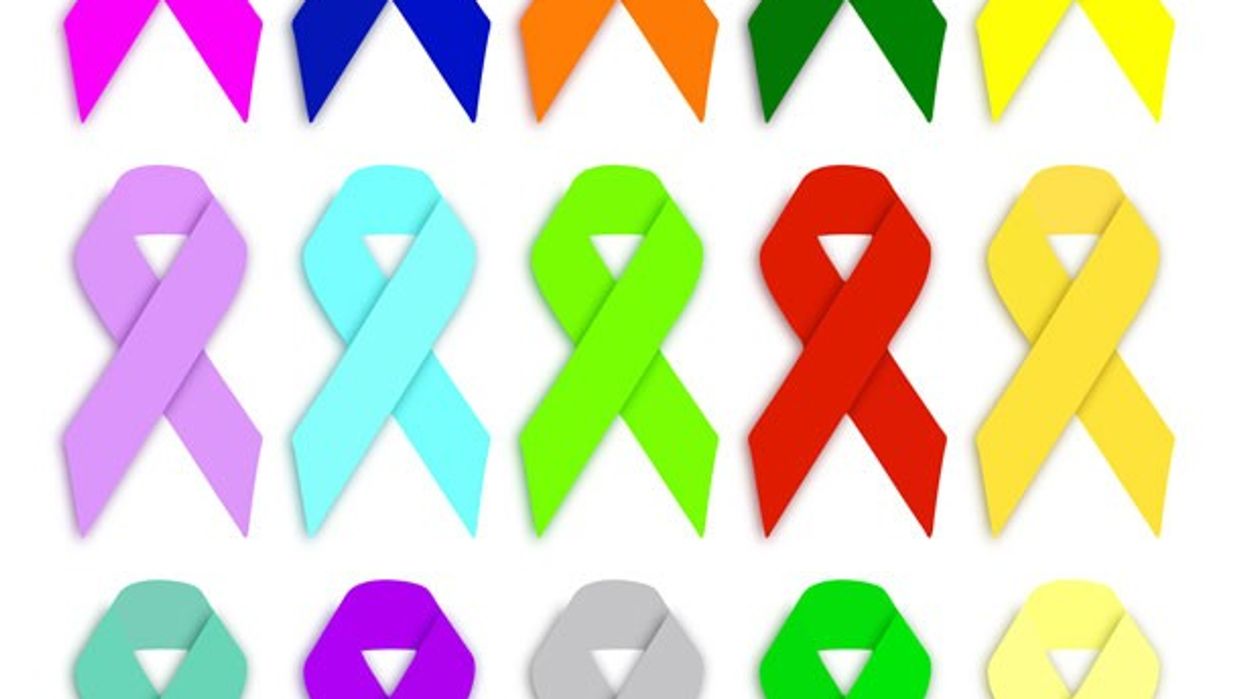German psychiatrist Dr. Alois Alzheimer discovered Alzheimer's disease in 1906. He had a patient named Auguste Deter who suffered from memory loss, paranoia, and other psychological changes. After Deter died, Alzheimer examined her brain and found abnormal deposits and shrinkage around nerve cells, which are now known as amyloid plaques and tau tangles. Every November, National Alzheimer’s Disease Awareness Month draws attention to a condition that affects millions of lives and families across the United States. Established in 1983 by President Ronald Reagan, this observance aims to increase awareness about Alzheimer’s disease, highlight advancements in research, and inspire hope for a future free from its devastating effects.
Understanding Alzheimer’s Disease
Alzheimer’s disease is the most common cause of dementia, accounting for 60-80% of cases worldwide. It is a progressive neurological disorder that impairs memory, thinking, and behavior, ultimately making it difficult for individuals to carry out daily activities. Today, over 6.7 million Americans aged 65 and older live with Alzheimer’s, a number projected to nearly double by 2050 without medical breakthroughs 【1】【2】.
The disease also places a significant burden on caregivers and the healthcare system, with Alzheimer’s care costs reaching an estimated $345 billion in 2023 in the U.S. alone 【1】.
Advancements in Alzheimer’s Research
Recent years have brought promising developments in Alzheimer’s research, offering hope to millions of patients and families:
- New Treatment Approvals
In 2021, the FDA approved Aducanumab (Aduhelm), the first drug targeting amyloid plaques—a hallmark of Alzheimer’s disease—in nearly two decades. This was followed by the approval of Lecanemab (Leqembi) in 2023, another amyloid-targeting therapy that has shown promise in slowing cognitive decline in early-stage Alzheimer’s patients 【3】【4】. - Breakthroughs in Biomarkers
Advances in diagnostic tools, such as amyloid PET scans and blood tests for beta-amyloid and tau proteins, allow for earlier and more accurate detection of Alzheimer’s. Early diagnosis is crucial for treatment effectiveness and planning 【5】. - Lifestyle and Risk Reduction Studies
Research suggests that lifestyle modifications, including regular physical activity, a heart-healthy diet, cognitive training, and social engagement, may reduce the risk of developing Alzheimer’s. Studies like the U.S. POINTER trial are currently investigating these interventions further 【6】. - The Role of Genetics
Progress in genetic research, particularly the identification of risk genes like APOE-e4, has deepened our understanding of Alzheimer’s mechanisms and paved the way for targeted therapies 【7】. - The Promise of Precision Medicine
Precision medicine approaches, which tailor treatments based on a person’s genetic makeup and disease stage, are emerging as a powerful tool in Alzheimer’s research. Personalized interventions could transform the way the disease is treated 【8】.
Hopes for the Future
As research continues to gain momentum, several developments inspire hope for an Alzheimer’s-free future:
- Disease-Modifying Treatments: Researchers aim to develop drugs that not only slow disease progression but also repair damage caused by Alzheimer’s.
- Preventative Strategies: With a deeper understanding of lifestyle and genetic risk factors, prevention strategies may soon become as common as treatments.
- Global Collaboration: International initiatives like the World Dementia Council and funding from organizations such as the Alzheimer’s Association have fostered collaboration and increased resources for research.
- Brain Health Equity: Efforts to address disparities in Alzheimer’s research and care, particularly in underserved communities, are gaining traction. Inclusive studies will ensure that advancements benefit all populations 【9】.
Raising Awareness and Supporting Families
National Alzheimer’s Disease Awareness Month also emphasizes the importance of supporting families and caregivers, who often bear the emotional and physical challenges of the disease. Resources like the Alzheimer’s Association’s 24/7 Helpline (800-272-3900) and local support groups offer vital assistance to those affected.
What Can You Do?
- Get Informed: Understanding the symptoms, risk factors, and resources for Alzheimer’s is a crucial first step.
- Advocate: Support policies and funding for Alzheimer’s research and caregiving services.
- Participate: Consider joining clinical trials or supporting research organizations to help advance scientific discoveries.
- Care for Caregivers: Recognize and support the caregivers in your life—they are the unsung heroes in the fight against Alzheimer’s.
Alzheimer's discovery was a major breakthrough in understanding neurodegenerative disorders. He set a new standard for relating symptoms to physical brain changes by establishing close relationships with his patients and using new scientific tools. While Alzheimer’s disease remains a formidable challenge, advancements in research and care provide renewed hope for patients and families. This November, let us not only raise awareness about the disease but also commit to supporting those affected and championing the quest for a cure.
Together, we can move closer to a world where Alzheimer’s is a memory of the past.
References
- Alzheimer’s Association. (2023). 2023 Alzheimer’s Disease Facts and Figures. Retrieved from alz.org.
- CDC. (2023). Healthy Aging: Alzheimer’s Disease. Retrieved from cdc.gov.
- FDA. (2021). FDA Approves Aducanumab for Alzheimer’s Disease. Retrieved from fda.gov.
- Alzheimer’s Association. (2023). Lecanemab Approval News. Retrieved from alz.org.
- NIH. Advancements in Alzheimer’s Biomarkers. Retrieved from nih.gov.
- U.S. POINTER. Study on Lifestyle Interventions. Retrieved from alzheimers.gov.
- Genetics Home Reference. APOE Gene and Alzheimer’s Disease. Retrieved from ghr.nlm.nih.gov.
- Mayo Clinic. Precision Medicine in Alzheimer’s Care. Retrieved from mayoclinic.org.
- World Dementia Council. Equity in Alzheimer’s Research. Retrieved from worlddementiacouncil.org.









 Karla Mingo believes that her greatest gift as a cancer survivor is the ability to live with gratitude and thankfulness.
Karla Mingo believes that her greatest gift as a cancer survivor is the ability to live with gratitude and thankfulness.



